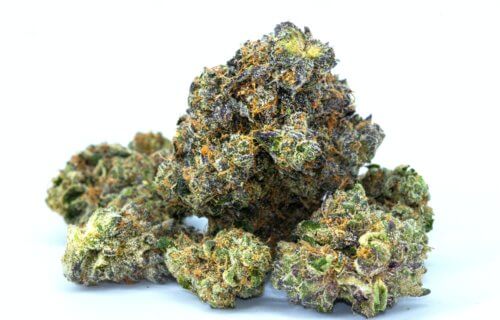BELMONT, Mass. — Can you be influenced by cannabis even when you’re not “under the influence”? A study by McLean Hospital finds recreational marijuana use inhibits driving ability even when users are not visibly intoxicated by the drug. Researchers say that using marijuana regularly before age 16 shows links to worsening driving performance.
Several states have legalized recreational marijuana sales in recent years, which is increasing public concern over how the substance affects common activities. The fear is legalization measures in the U.S. could lead to safety problems as more people use pot.
This is the first study to examine the effects of cannabis on the driving performance of heavy users who aren’t technically high. The research team, led by Dr. Mary Kathryn Dahlgren and Dr. Staci Gruber of McLean’s Cognitive and Clinical Neuroimaging Core and the Marijuana Investigations for Neuroscientific Discovery (MIND) program, is affiliated with Harvard University.
Marijuana use creates serious road dangers
Researchers created a customized driving simulator to assess how marijuana users drive. All participants did not use cannabis in the 12 hours leading up to the test. The results show chronic cannabis users perform worse than non-users.
Heavy users hit more pedestrians in the driving simulator, speed more often, make fewer stops at red lights, and cross the traffic lines into oncoming cars more than non-users.
“People who use cannabis don’t necessarily assume that they may drive differently, even when they’re not high,” Dr. Gruber says in a media release. “We’re not suggesting that everyone who uses cannabis will demonstrate impaired driving, but it’s interesting that in a sample of non-intoxicated participants, there are still differences in those who use cannabis relative to those who don’t.”
Study authors split the participants into groups based on when they started using cannabis regularly. The report finds significant driving problems occur more frequently in those who start using marijuana before they’re 16 years-old.
You don’t have to be high to be ‘impaired’
“It didn’t surprise us that performance differences on the driving simulator were primarily seen in the early onset group,” Dr. Dahlgren adds. “Research has consistently shown that early substance use, including the use of cannabis, is associated with poorer cognitive performance.”
According to Dr. Gruber, though, the public has to rethink what “impaired” truly means. As of January 2020, 11 states allow people to use recreational marijuana legally. A total of 33 states allow medical marijuana usage.
The study was published in the journal Drug and Alcohol Dependence.
Like studies? Follow us on Facebook!
